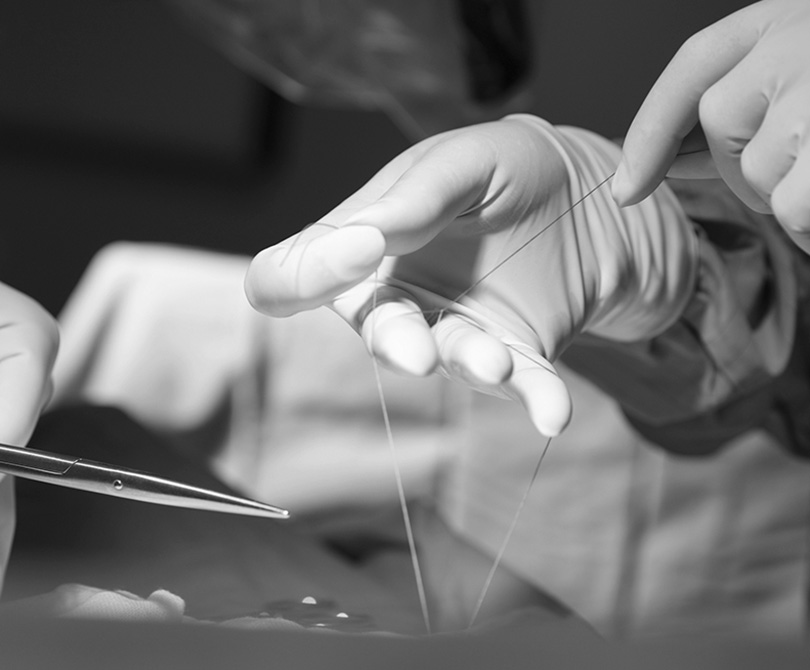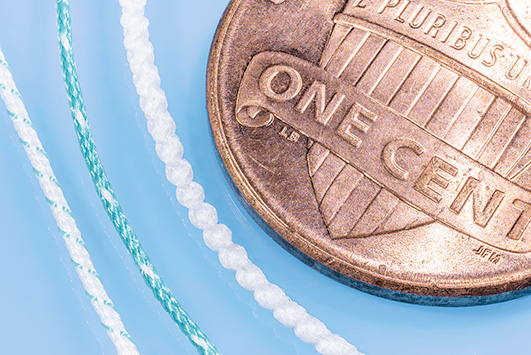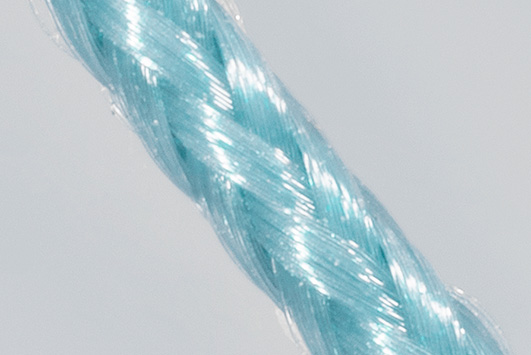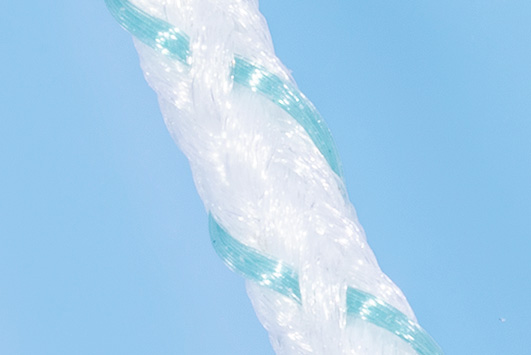
Biomedical textiles are ideal for use as sutures for a variety of clinical applications.
![]()
Biomedical Textiles for High-Performance Sutures
Biomedical textiles are ideal for use as sutures for a variety of clinical applications.
![]()
Braided biomedical textiles are well-suited for suture applications, largely because of their flexibility, biocompatibility, and tensile strength retention. Textiles are a viable alternative to metal components and can be used for high-performance monofilament or braided sutures tailored to absorb in vivo, or to be nonabsorbable. Additionally, synthetic sutures made from a wide variety of polymers are more consistent and predicable than natural fiber, decreasing the chance of an adverse tissue reaction.
Sutures are commonly used in orthopedic, cardiovascular, and general surgery. Sutures can also be used in other applications such as hemostasis, intestinal anastomosis and enterotomy, urogenital tract surgery, surgery of the musculoskeletal system, ocular surgery, plastic surgery, neurosurgery, and closure of fascia.
Key benefits of textiles
- Flexible
- Biocompatible
- Low profile
- High tensile strength
- Highly customizable
- Non-abrasive
Cortland Biomedical has the equipment and expertise – backed by a team excited to go beyond the status quo – to create unique and highly customized fabrications for flexible, biocompatible sutures that help promote healing.


Braided biomedical textiles are well-suited for suture applications, largely because of their flexibility, biocompatibility, and tensile strength retention. Textiles are a viable alternative to metal components and can be used for high-performance monofilament or braided sutures tailored to absorb in vivo, or to be nonabsorbable. Additionally, synthetic sutures made from a wide variety of polymers are more consistent and predicable than natural fiber, decreasing the chance of an adverse tissue reaction.
Sutures are commonly used in orthopedic, cardiovascular, and general surgery. Sutures can also be used in other applications such as hemostasis, intestinal anastomosis and enterotomy, urogenital tract surgery, surgery of the musculoskeletal system, ocular surgery, plastic surgery, neurosurgery, and closure of fascia.
Key benefits of textiles
- Flexible
- Biocompatible
- Low profile
- High tensile strength
- Highly customizable
- Non-abrasive
Cortland Biomedical has the equipment and expertise – backed by a team excited to go beyond the status quo – to create unique and highly customized fabrications for flexible, biocompatible sutures that help promote healing.






